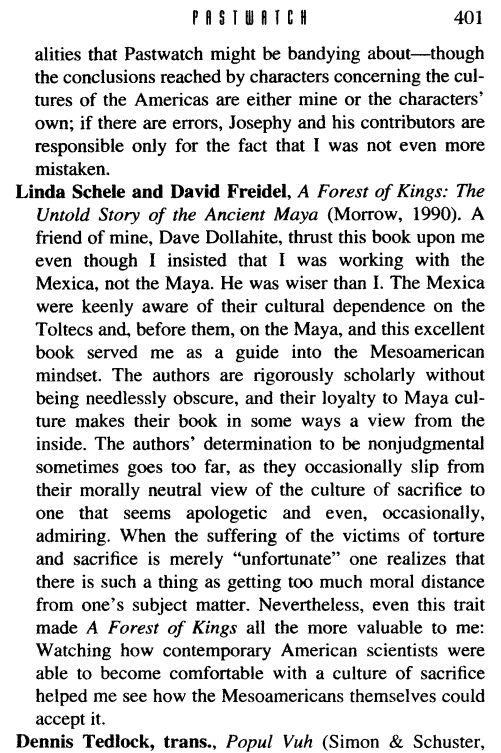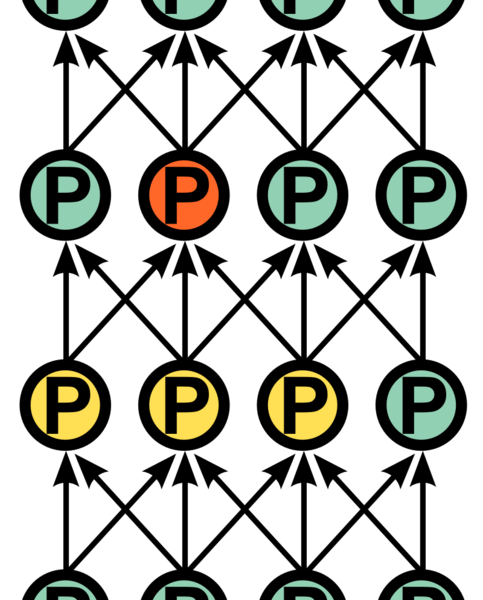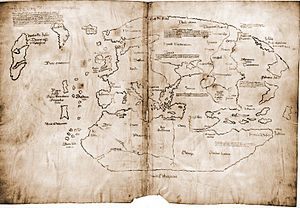Banished: It Takes a Village to Raise a Surplus
This article is part four of a four-part series on the future of quantification in history. For the thematic introduction to the series, please click here. Or click on the following links for part one, part two, or part three. Kaplunk: “Your reserve in tools is low.” Kaplunk: “Your reserve inContinue Reading






